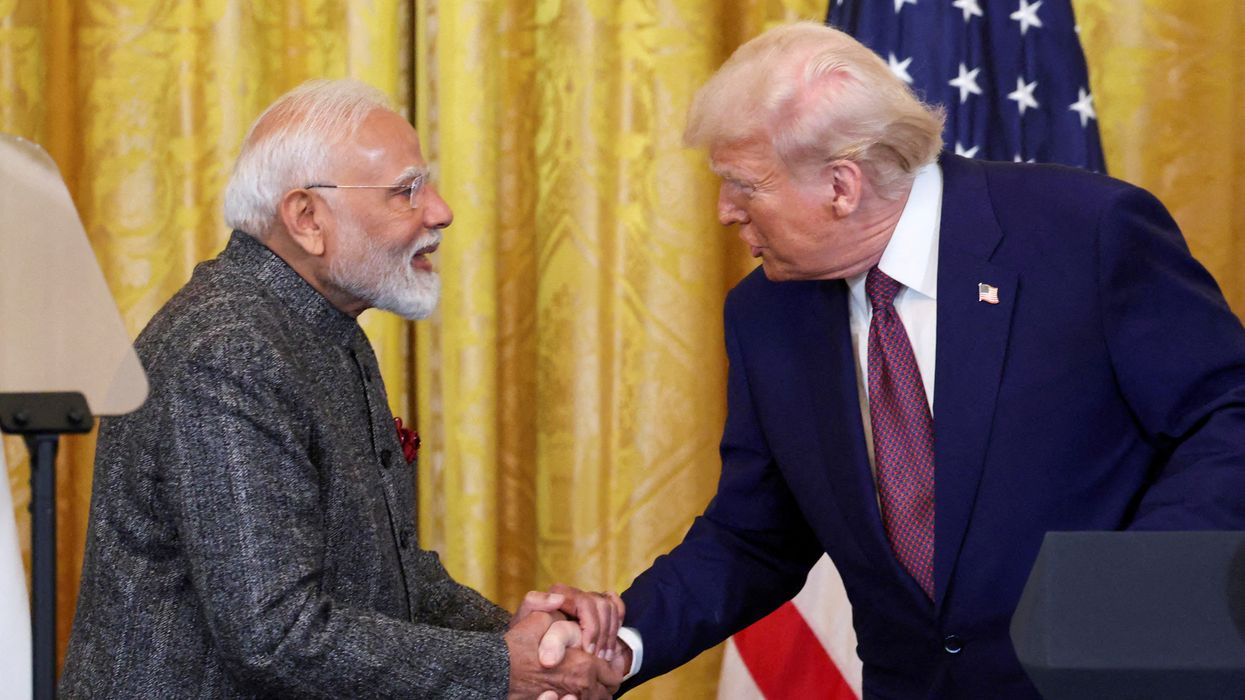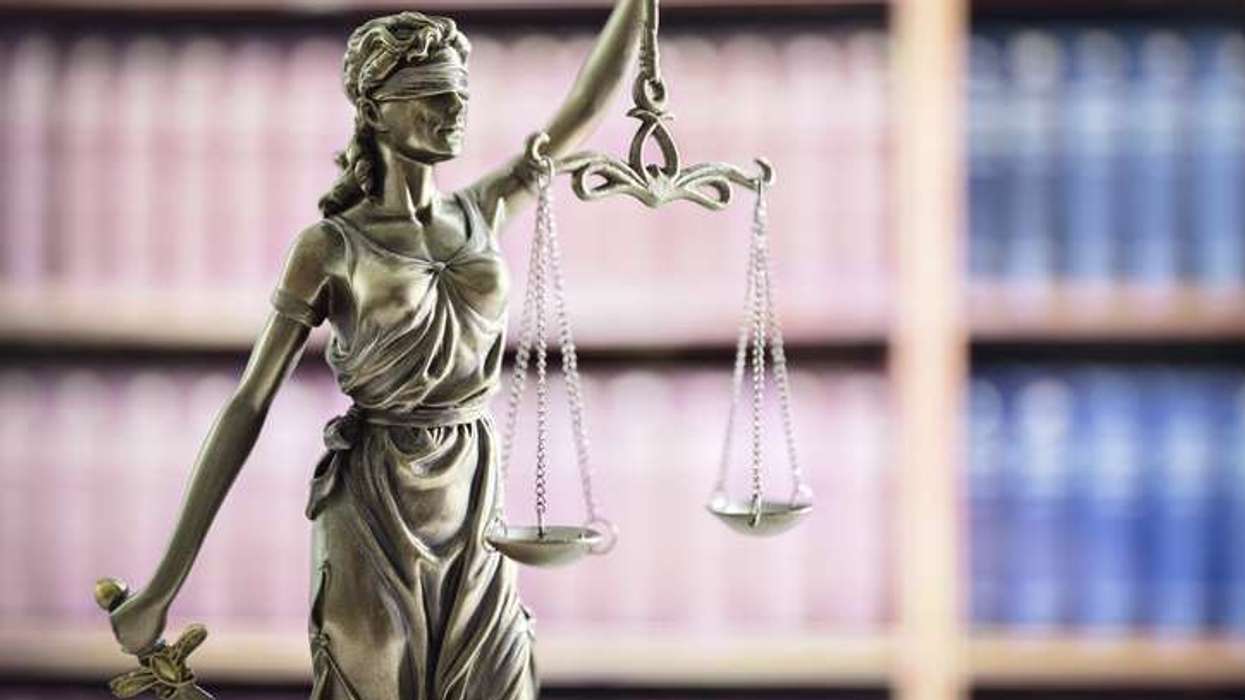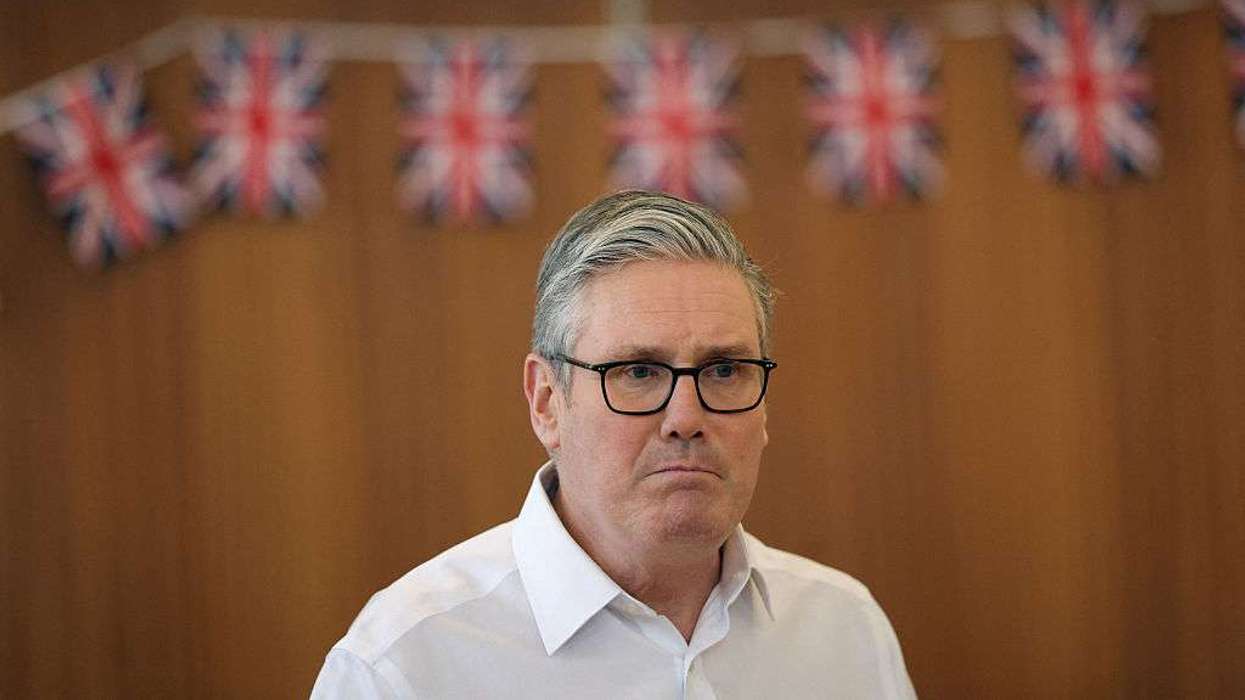Highlights:
- Trump says he will speak to Modi in the coming weeks amid trade talks
- Modi calls US and India "close friends and natural partners"
- Trade officials from both countries may restart meetings in September
- US-India trade reached $129 billion in 2024 with a $45.8 billion US deficit
US PRESIDENT Donald Trump said on Tuesday his administration is continuing negotiations to address trade barriers with India and that he would speak to prime minister Narendra Modi, indicating a possible reset after recent friction.
Trump said he looked forward to speaking to Modi in the "upcoming weeks" and expressed confidence that the two sides could reach an agreement.
"I feel certain that there will be no difficulty in coming to a successful conclusion for both of our Great Countries," he said in a post on social media.
Modi responds with optimism
On Wednesday, Modi said Washington and New Delhi "are close friends and natural partners." He added that teams from both sides were working to conclude the trade discussions soon.
"I am also looking forward to speaking with President Trump. We will work together to secure a brighter, more prosperous future for both our people," Modi said in a social media post.
India's shares rose over 0.5 per cent after the remarks from both leaders.
Trade deal uncertainty
Trump had said for months that a trade deal was close, but later doubled tariffs on Indian imports to 50%, raising doubts about the future of the U.S.-India relationship.
In recent weeks, Trump and top US officials criticised India for buying oil from Russia, saying New Delhi was funding the war in Ukraine, a charge India denies.
At the same time, Modi has engaged with China and Russia. He visited China last month for a summit hosted by Chinese President Xi Jinping and was also seen with Russian president Vladimir Putin.
Analysts cautious
"While the social media statements by Trump and Modi signal a potential rapprochement between the U.S. and India, it is still premature to assume that a resolution will arrive swiftly," Madhavi Arora, economist at Emkay Global, said.
"With Trump, we will need to wait for more concrete signals that a deal is in the offing."
Meetings to restart in September
Trade officials from India and the US may meet in September to restart in-person discussions, CNBC-TV18 reported, citing sources. A US trade negotiators’ visit to New Delhi scheduled for August 25-29 was cancelled after talks stalled.
India's trade ministry declined to comment on reports of new meetings.
According to US Census Bureau data, two-way goods trade between the US and India reached $129 billion in 2024, with a $45.8 billion US trade deficit.
Tariffs and EU pressure
Trump recently said India had offered to reduce tariffs on US goods to zero but described the offer as late, saying the country should have acted earlier.
Reuters reported that Trump urged the European Union to impose 100% tariffs on China and India as part of pressure tactics against Russian president Vladimir Putin.
Indian officials in New Delhi said they do not expect the EU to take measures against India and that assurances had been given that EU trade talks would not be disrupted.
(With inputs from agencies)





